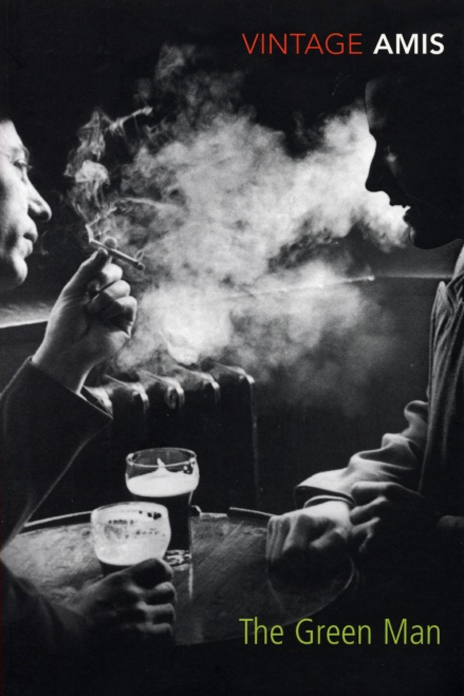

In Amis’s book, the man of easy morals is an innkeeper named Maurice Allington, who is situated with his wife, father, and daughter in an old inn in Hertsfordshire, England.


In an English tradition descended from the ancient fear of nature and natural forces–for our worship of nature is an entirely different tradition, though equally ancient, which even so recognizes the power of the earth–the “green man” is a sort of roving spirit, sometimes neither good nor ill, sometimes outright malevolent, and sometimes given to testing mankind, as in the medieval tale “Sir Gawain and the Green Knight,” which many of you will already have read and I hope enjoyed in a literature class. In Kingsley Amis’s book The Green Man, we get a double reflection of this second notion, when we not only meet up with a modern day man of relaxed moral fiber, but also with the ghost of a minister turned evil revenant who confronts him. There is a corollary to the proposition that there’s more rejoicing over the return of a prodigal son than there is over the continuing excellence of a constant one that corollary is that it’s worse when a potentially good man goes bad than it is when a bad man continues what he’s doing.


 0 kommentar(er)
0 kommentar(er)
